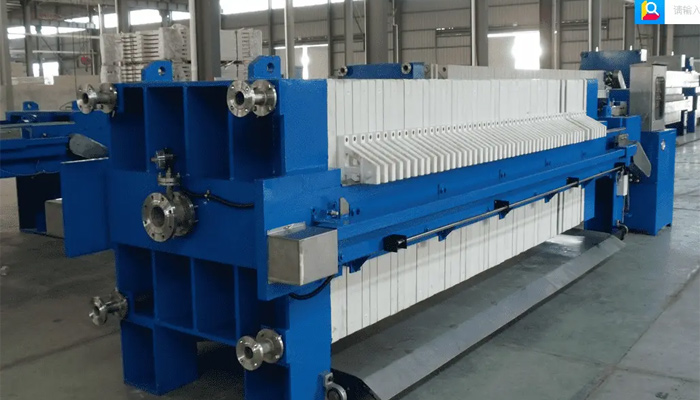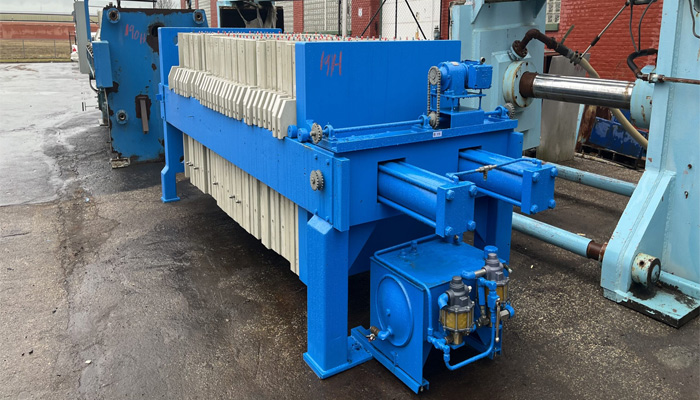Posted on December 6, 2023
What is a Membrane Filter Press?
Membrane filter presses are a revolutionary solution for liquid filtration, offering a range of benefits over traditional filter presses. In this article, we will explore the basics of membrane filter presses, their advantages, and how they can be used in various industries.
How Does a Membrane Filter Press Work?
A membrane filter press is a type of filter that uses a semi-permeable membrane to separate solids from liquids. The membrane is made up of tiny pores that allow liquid to pass through while retaining solids and other impurities. The process involves applying pressure to the liquid, forcing it through the membrane, and collecting the filtered liquid on one side of the membrane.

Advantages of Membrane Filter Presses
Membrane filter presses offer several advantages over traditional filter presses, including:
- Higher filtration efficiency: Membrane filter presses can filter out smaller particles and impurities, resulting in a higher-quality filtrate.
- Lower operational costs: Membrane filter presses require less maintenance and energy than traditional filter presses, leading to lower operational costs.
- Faster filtration: Membrane filter presses can filter liquids faster than traditional filter presses, resulting in shorter processing times.
- Improved product quality: Membrane filter presses can help improve the quality of products by removing impurities and contaminants.
Applications of Membrane Filter Presses
Membrane filter presses have a wide range of applications in various industries, including:
- Chemical processing: Membrane filter presses are used to filter chemicals and remove impurities, improving the quality of the final product.
- Food and beverage: Membrane filter presses are used to filter liquids and remove impurities, improving the quality of food and beverages.
- Pharmaceutical: Membrane filter presses are used to filter pharmaceutical liquids and remove impurities, improving the quality of the final product.
- Wastewater treatment: Membrane filter presses are used to remove impurities and contaminants from wastewater, improving the quality of the water.

Examples of Membrane Filter Presses
Some examples of membrane filter presses include:
- Microfiltration: used for the filtration of small particles and impurities from liquids.
- Ultrafiltration: used for the filtration of larger particles and impurities from liquids.
- Nanofiltration: used for the filtration of very small particles and impurities from liquids.
Conclusion
Membrane filter presses are a revolutionary solution for liquid filtration, offering a range of benefits over traditional filter presses. With their high filtration efficiency, lower operational costs, faster filtration, and improved product quality.
Membrane filter presses are an ideal choice for a variety of industries. By understanding how these presses work and their applications, businesses can make informed decisions about incorporating membrane filter presses into their operations.

